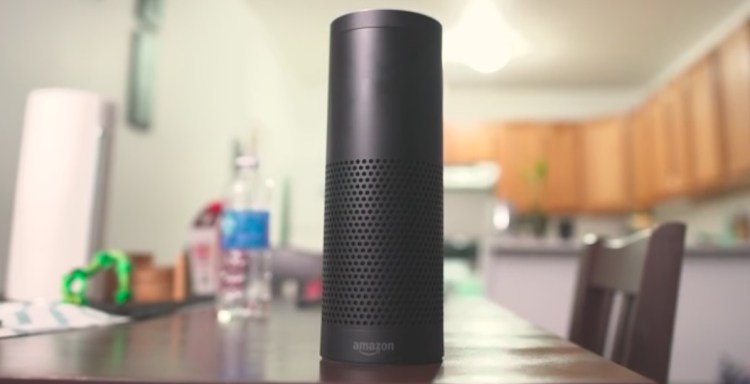I had to coach Alexa to share election results last night.
The voice assistant can answer questions, mostly about who won the presidency and my state election results. It’s marginally more helpful than checking CNN.com, but at least it’s a pretty good parlor trick if people in the room have not talked to a voice assistant before.
What would be really amazing? I want Alexa — and the Google Assistant, and Apple Siri, and most chatbots — to be more proactive. This goes far beyond politics, but here’s a good example from last night. Let’s say I gave Alexa permission to watch my browsing history and I was OK with that from a privacy perspective. And maybe Alexa even knows which shows I watch on Netflix, looks through my email — basically, acts like a real assistant. Granted, this might be a bit scary. It might even help Amazon know which products to put on the Amazon.com home page, and there is some potential for abuse.
Yet I see many advantages. Alexa today doesn’t know much about me. I’d prefer if Alexa spoke up once in awhile. “John, I noticed you are in Minnesota. Did you know the amendment to change how legislators can set their own salaries passed last night in your state?” Maybe Alexa knows when to interrupt my day because it’s an issue I’ve been following on the web. A powerful AI assistant might even make suggestions like: Do I want to hear a summary of what Donald Trump said in his acceptance speech? Do I want to find out who won the House and Senate? Did I already hear that Pennsylvania voted for Trump?
Proactive AI might be a little problematic, of course. Maybe it would work like the seat belt warning system in a Honda Accord, the one with a loud voice that tells you to put your seat belt back on (or else). This all has to be permissions based — we grant access to Alexa to interrupt us.
Beyond politics, it suddenly becomes a major game-changer, the thing that will make these bots much more useful. Again, if we granted permission to the bot, it might let me know about the resignation of Norv Turner recently, a major turn of events for the Minnesota Vikings and the offensive coordinator role. I don’t mean the bot should pummel me with news, but it should be able to find out that I’m a bit obsessive about the team and have watched every game, that I post Facebook messages about individual plays during a game, and I usually listen to my son-in-law’s podcast about the team all the way through to the end.
Here are some of the things I’d like Alexa (or Google Assistant, or Siri) to do:
- Remind me about an upcoming meeting, but not because I told the bot to do that
- Chime in to tell me there’s a freeze warning next week
- Mention important emails from a boss or family member
- Tell me about a major security issue with the iPhone
- Offer to rearrange my schedule based on a flight change
- Tell me when the price of gas at my local station dips lower
- Tell me about an incredible deal on beef jerky
- Keep track of oil changes on my cars
I could see how this might become annoying and we might decide to turn off these notices. But it all depends on how helpful and customized they are. As in real life, if it is important news, we don’t mind the interruption. I believe chatbots and assistants will become truly indispensable when they become proactive, when they don’t just answer questions but provide answers. When we have to coach them and remind them and cajole them, they lose their value. Plus, I already know Donald Trump won. I don’t need to ask Alexa about that when the news is all over the place.
Side note: If you know of more “proactive” features or if your chatbot already does some of the things I mentioned, post on my Twitter feed.
VentureBeat's mission is to be a digital town square for technical decision-makers to gain knowledge about transformative enterprise technology and transact. Learn More

